 Bad Contact Lens Habits to Leave Behind
Bad Contact Lens Habits to Leave Behind
Contact lenses can be a wonderful alternative to eyeglasses, but wearing them can increase your risk of developing eye infections. Fortunately, most people find daily contact lens care a quick and easy addition to their daily routine.
Even so, it can be easy to fall into bad contact lens habits. You may not even realize that you're doing things that could eventually result in a vision-stealing infection. Here are six of the most common bad contact lens habits and what you should do instead.
Not Washing Hands Before Handling Contacts
This sounds like a no-brainer, but it can be tempting to skip this vital step in your contact lens routine when you're running late for work or exhausted at the end of a long day. Please don't do it.
Even hands that appear clean are teeming with germs that can cause serious eye infections. Always take that extra minute to wash with soap and water before handling your lenses.
Sleeping in Contact Lenses
Sleeping in contact lenses deprives the cornea of oxygen. This lack of oxygen flow leads to oxidative stress, which can cause inflammation and pain. It can also lead to infections because the lack of oxygen makes it easier for bacteria to attach to your eyes.
Some contact lenses are designed for extended wear, but make sure they are FDA-approved for keeping them in overnight. These contacts are more porous to allow extra oxygen to pass through. They are also made with a silicone hydrogel material and are thinner than daily-wear contact lenses.
But even if your prescription is for extended-wear lenses, it's still a good idea to give your eyes frequent breaks from wearing them. Take them out for a few hours on the weekend and wear your glasses instead.
Reusing Contact Lens Solution
Reusing the solution in your contact lens case is another bad habit to avoid. Contact lens solution loses its ability to kill germs relatively quickly, and squirting in a little fresh solution doesn't help.
You should empty the used solution daily and rinse your contact lens case with fresh water. Turn it upside down on a clean cloth and let it air dry. Only add fresh solution when you're ready to put your contact lenses inside the case.
Rinsing Contacts with Plain Water
Plain water, saliva, or other fluids cannot replace contact lens solution. Saliva, of course, is full of pathogens. And tap water (though safe to drink) is not sterile enough to prevent eye infections.
Wearing Contacts While Showering or Swimming
The Centers for Disease Control (CDC) says that exposing contact lenses to water is always a bad idea. Water can cause contact lenses to lose shape, swell, and even stick to the eye's surface. This can scratch the cornea and allow germs to enter eye tissues.
One particularly dangerous pathogen is Acanthamoeba, an ameba found in tap water, well water, lake water, swimming pools, and hot tubs. It can cause Acanthamoeba keratitis, a hard-to-treat infection that can result in the need for a corneal transplant or blindness. Therefore, always remove contact lenses before bathing or swimming.
Wearing Contacts Longer Than Recommended
If you wear contact lenses, you probably already know that there are different lens types. Disposable contacts can have a replacement schedule that ranges from one day to three months. Whichever type you’re prescribed, it’s important to stick to that brand’s replacement schedule.
As mentioned above, extended-wear lenses are made from a different material than daily-wear contacts, but even they need to be thrown away when their time is up. Keep track of the date you open a new package of lenses and commit to disposing of them according to the manufacturer’s recommendation.
Allied Eye provides a full spectrum of eye care services to patients in Chattanooga and surrounding areas. Dr. Matzkin, Dr. Herron, and our team of helpful, friendly professionals look forward to meeting your specific eye care needs. Call or text us today at 423-855-8522 to schedule an appointment.

